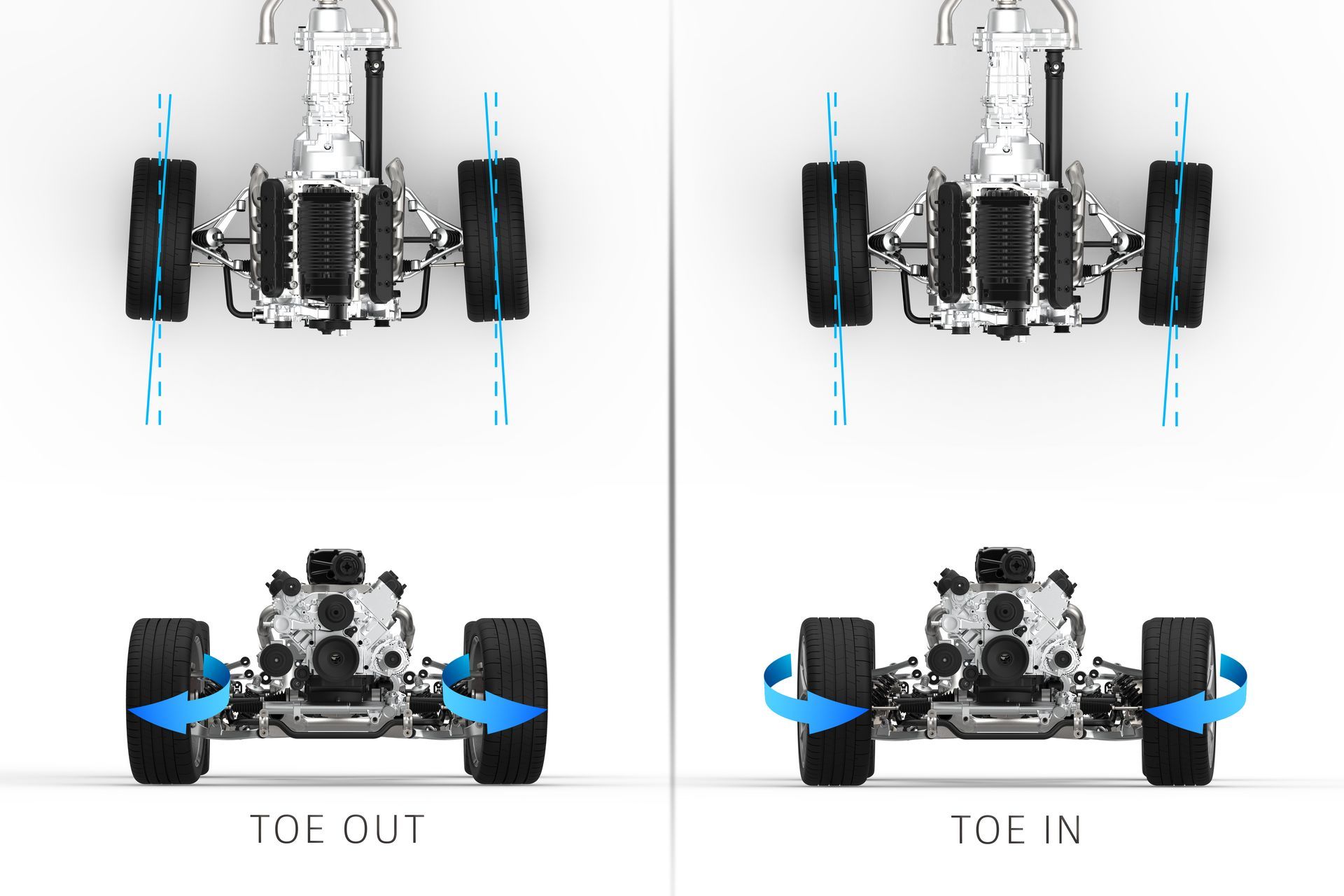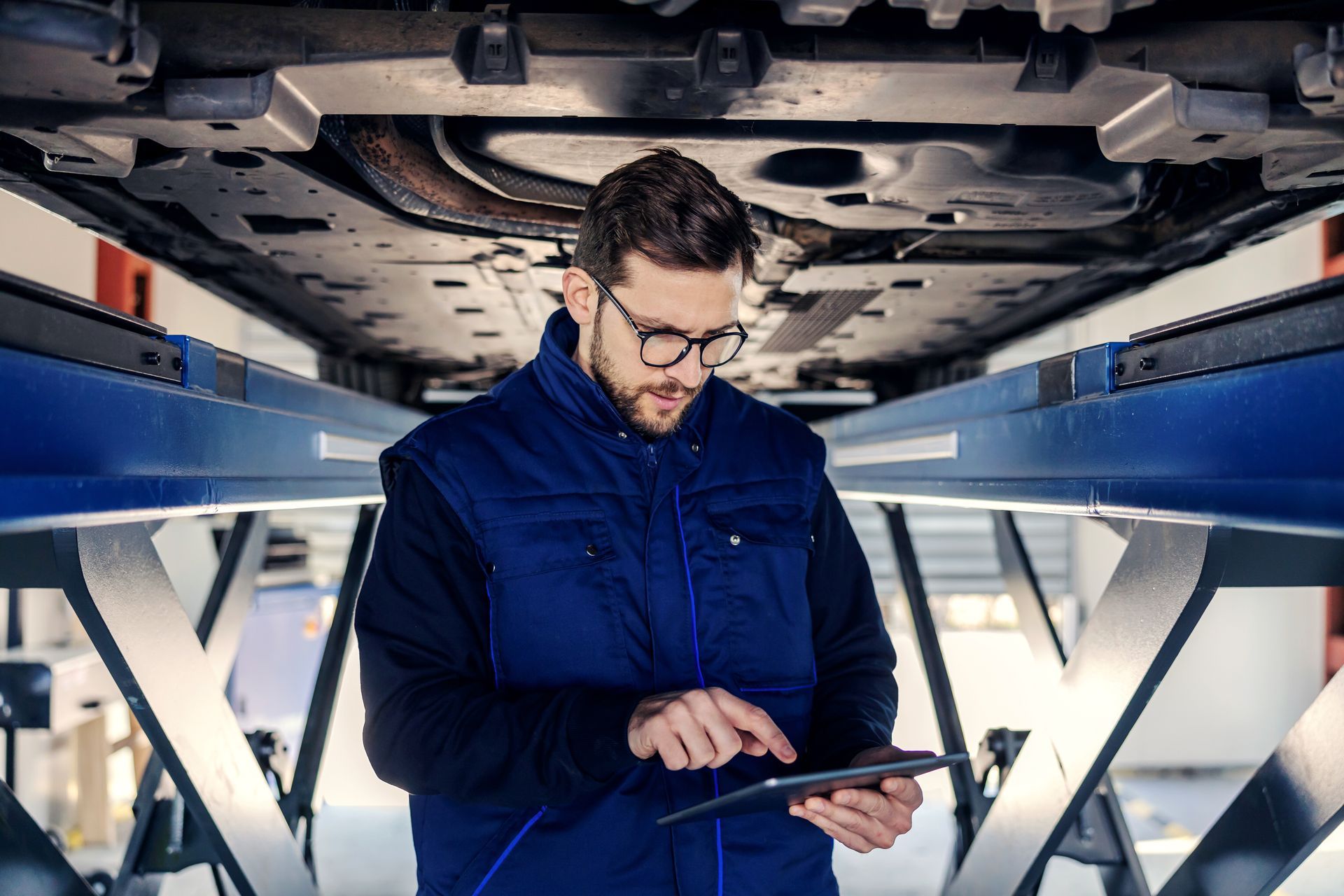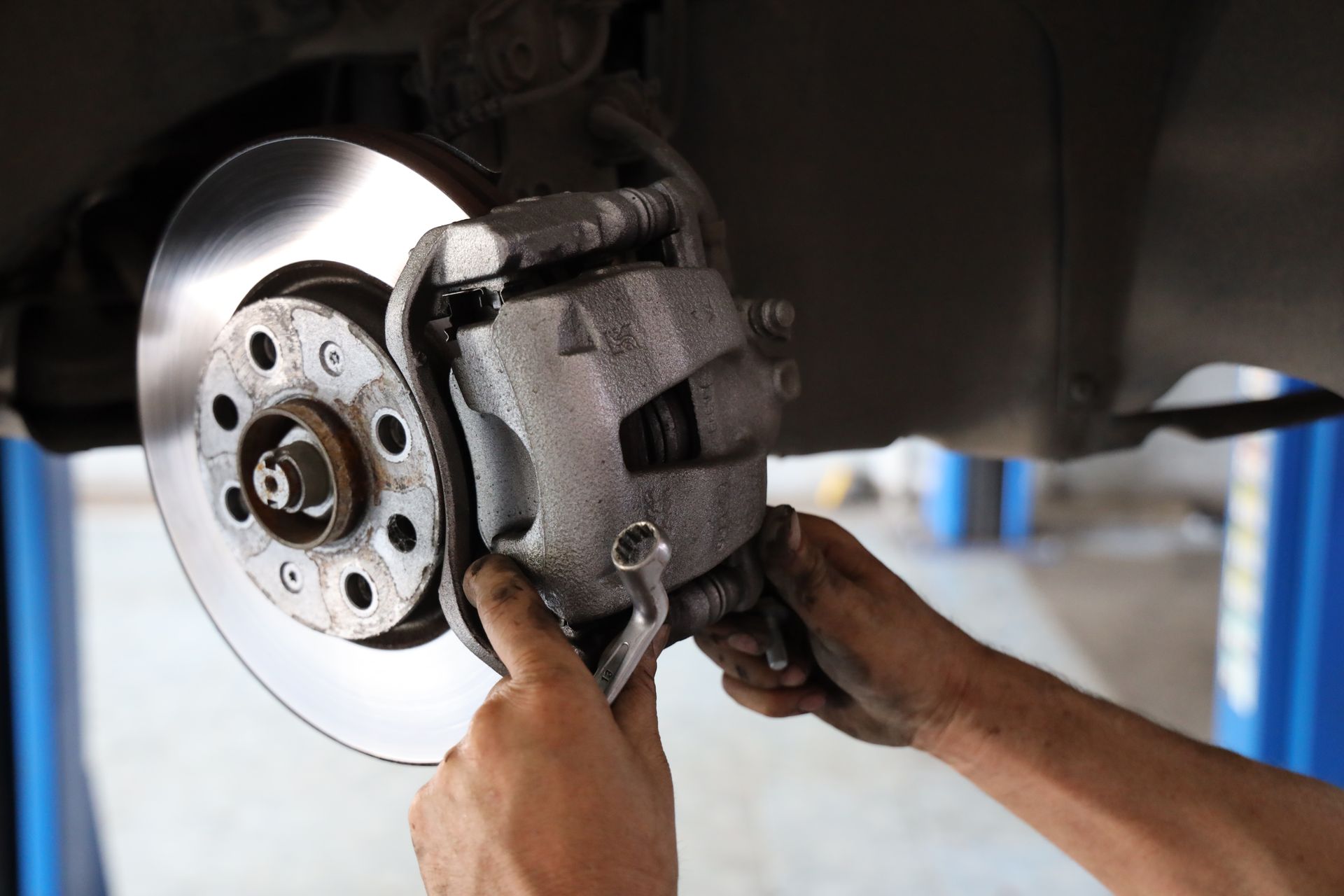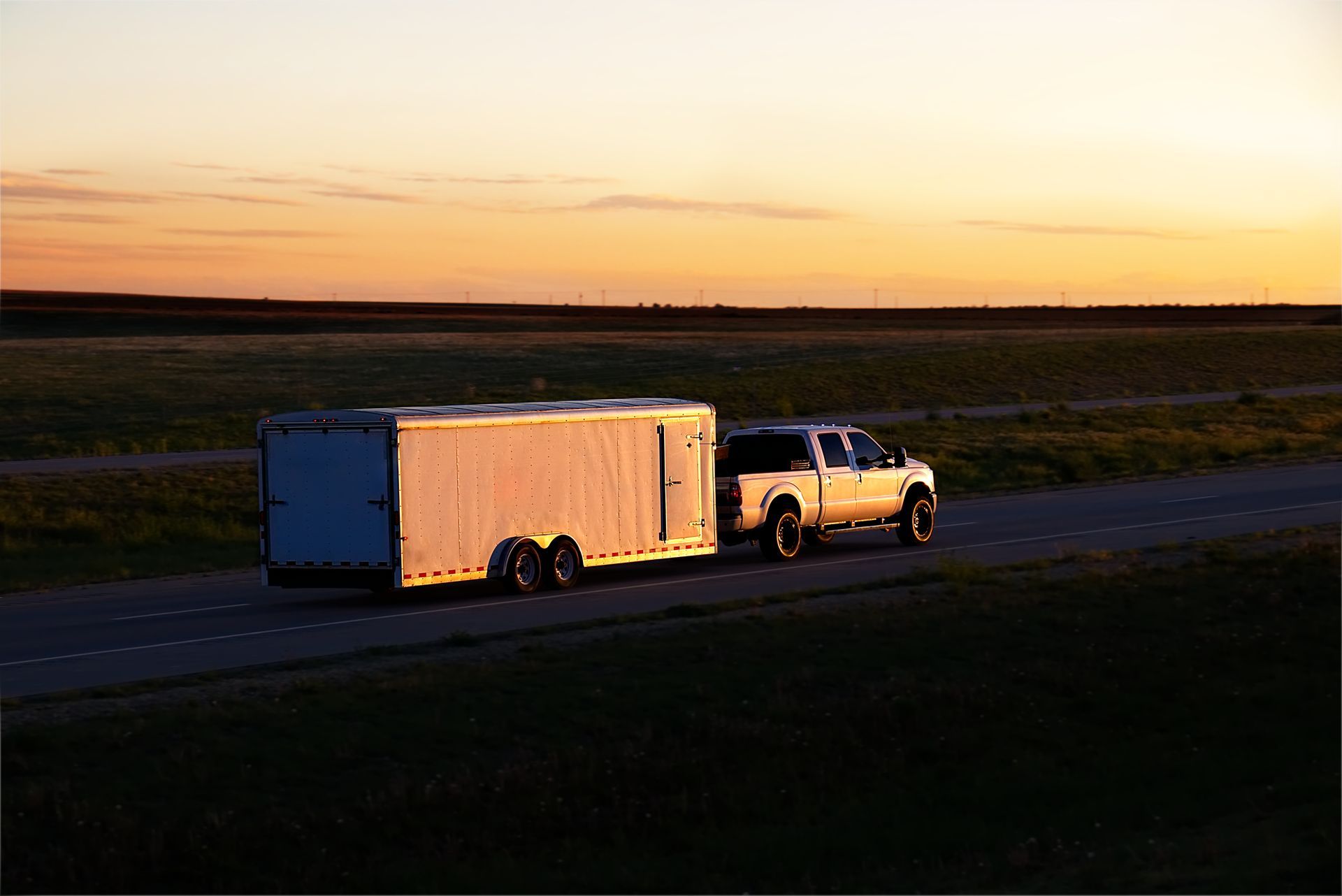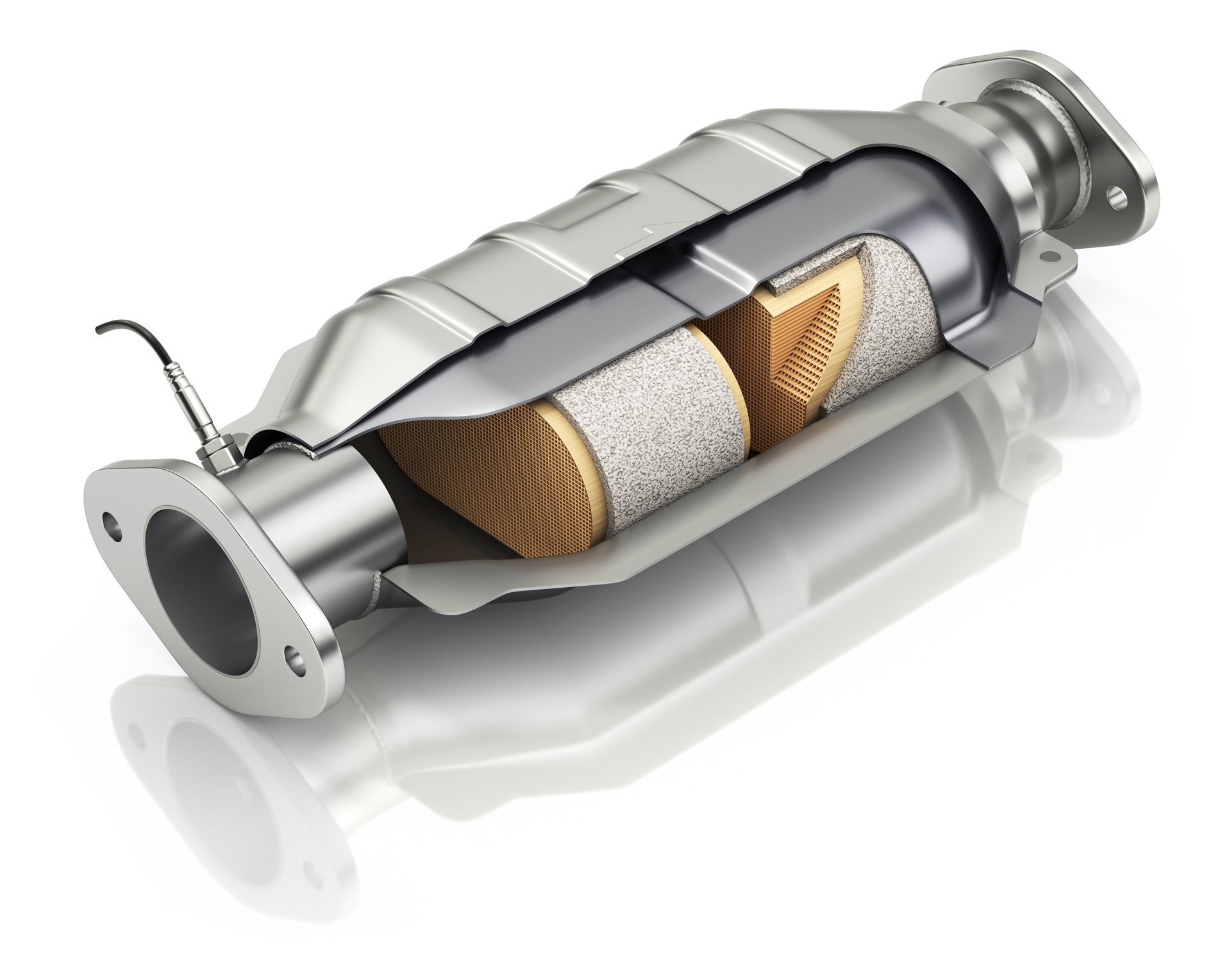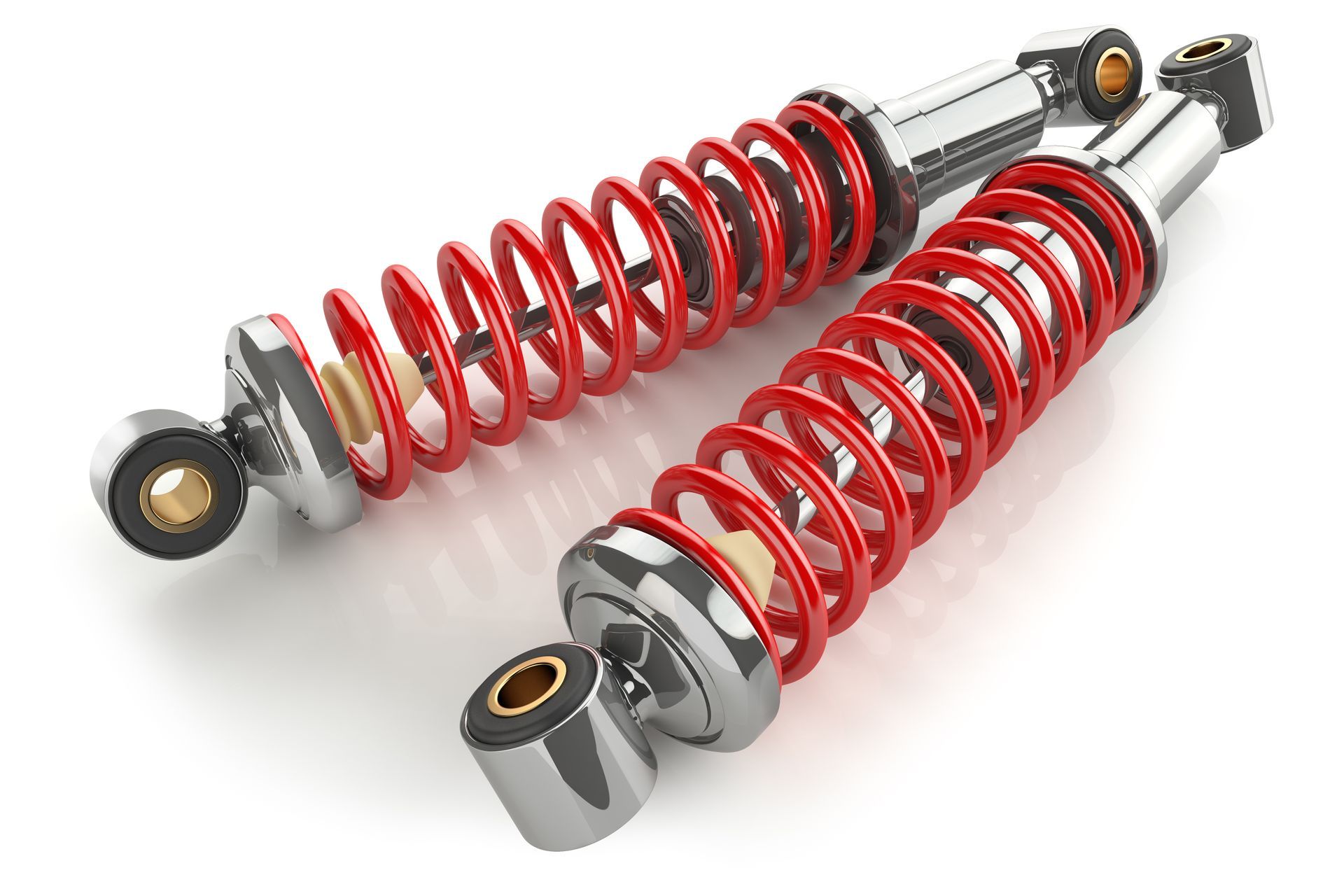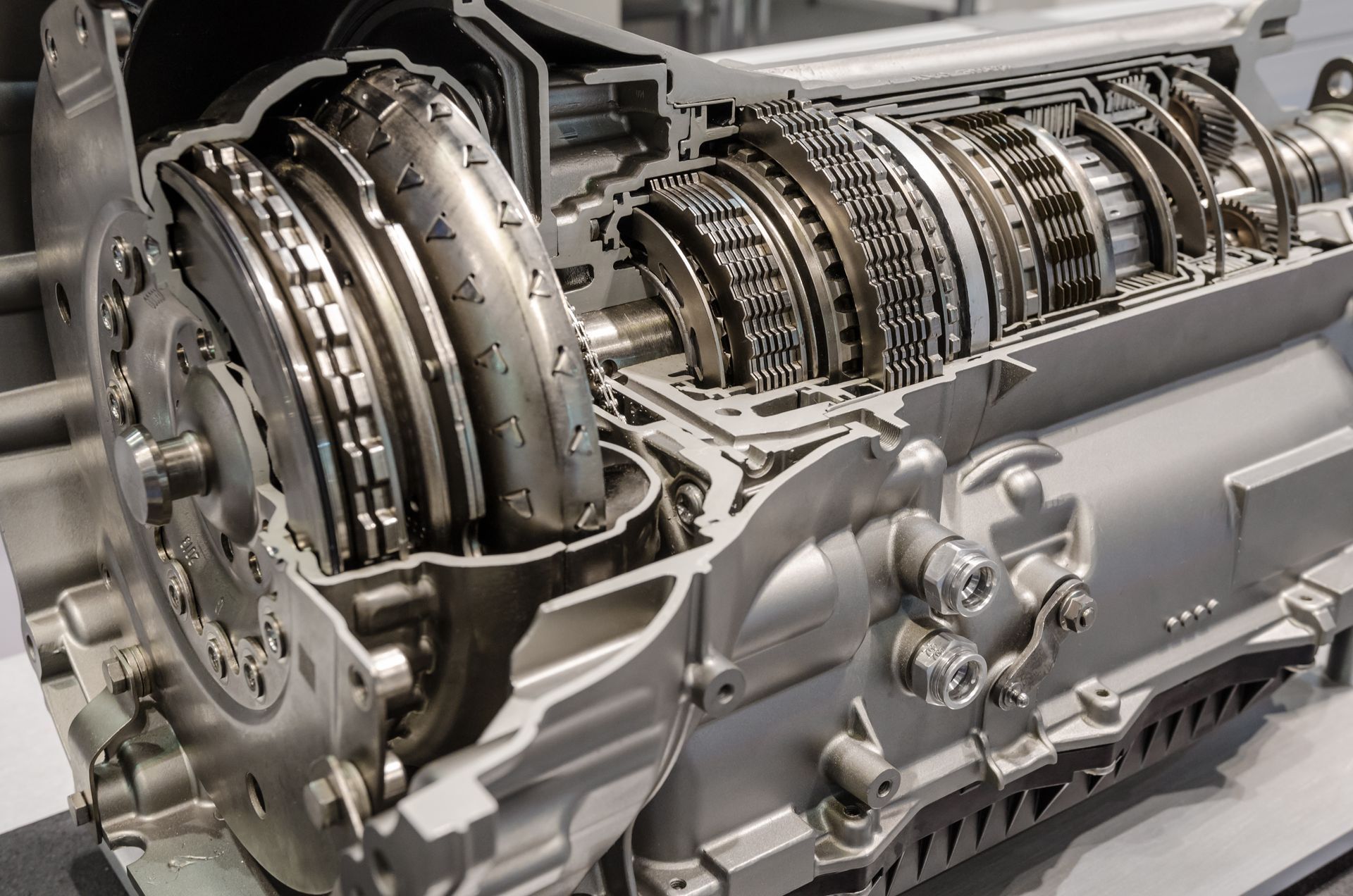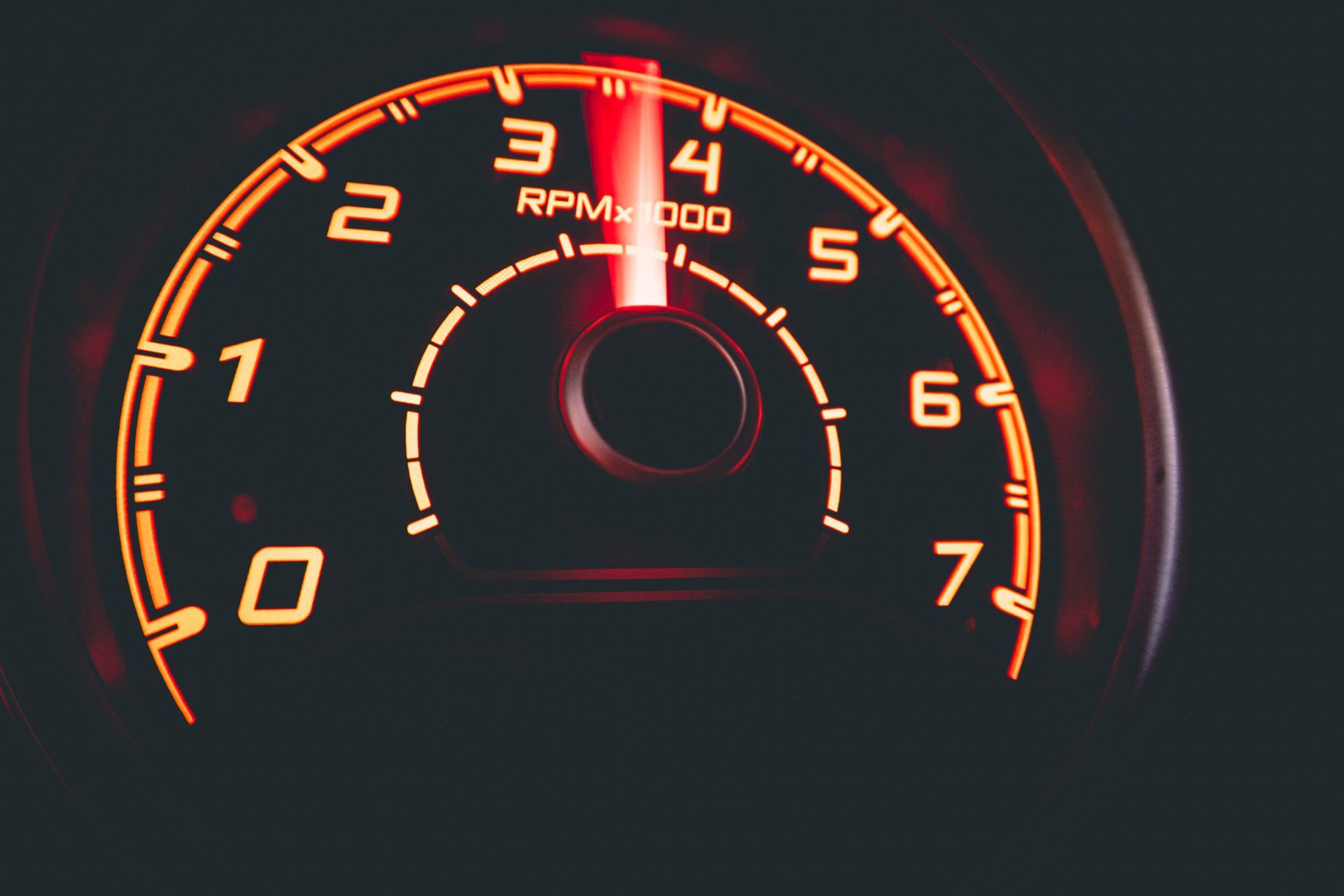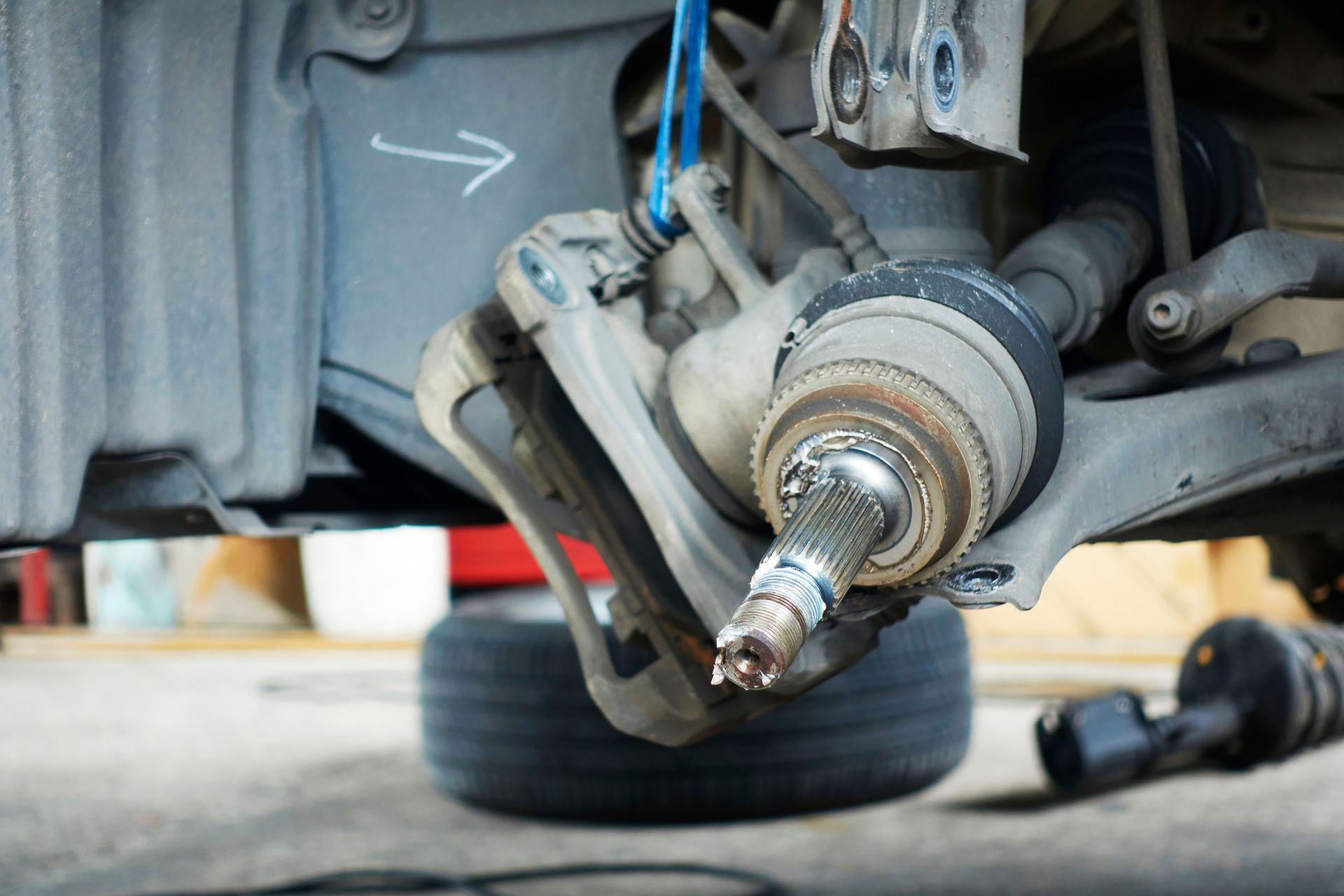In the automotive industry, two primary engine types still dominate: diesel and gasoline. While both serve the same purpose of powering vehicles, they operate on different principles, offering distinct advantages and disadvantages. Understanding the fundamental disparities between diesel and gas engines is useful for any vehicle owner or enthusiast.
Key Differences in Fuel Type
One of the most fundamental distinctions between diesel and gasoline engines lies in the type of fuel they utilize. Gasoline engines, as the name suggests, rely on gasoline as their primary fuel source. Gasoline is a highly refined petroleum product commonly derived from crude oil through various refining processes.
On the other hand, diesel engines utilize diesel fuel, which is less refined than gasoline and contains a higher energy density. This variance in fuel type contributes significantly to the differences in engine design and operation.
Ignition Mechanism: Spark vs. Compression
Another crucial difference between diesel and gasoline engines lies in their ignition mechanisms. Gasoline engines operate on the principle of spark ignition, where a spark plug ignites the air-fuel mixture within the combustion chamber. This ignition process occurs at a specific point in the engine's compression stroke, initiating the combustion process and generating power to drive the vehicle.
In contrast, diesel engines employ compression ignition, also known as self-ignition. In a diesel engine, air is compressed within the combustion chamber to a high temperature and pressure, causing the diesel fuel injected into the chamber to ignite spontaneously. This compression-induced ignition eliminates the need for spark plugs, making diesel engines inherently different from their gasoline counterparts.
Efficiency and Power Output
One of the key advantages of diesel engines is their superior fuel efficiency compared to gasoline engines. Diesel fuel contains a higher energy density than gasoline, meaning it can generate more power per unit of volume. Diesel engines operate at higher compression ratios than gasoline engines, further enhancing their thermal efficiency and overall fuel economy.
While diesel engines excel in fuel efficiency, gasoline engines typically deliver higher power output and acceleration performance. Gasoline engines can rev to higher RPMs (revolutions per minute) than diesel engines, making them well-suited for applications requiring quick acceleration and high-speed performance, such as sports cars and performance vehicles.
Which Engine Excels in Towing and Why
When it comes to towing heavy loads, the diesel engine stands out as the preferred choice. This preference stems from its exceptional torque output at low revolutions per minute (RPMs). Unlike gasoline engines, diesel engines generate substantial torque even at low speeds, making them ideal for hauling heavy trailers, boats, or equipment. This characteristic ensures better pulling power and improved performance, especially when navigating steep inclines or challenging terrains.
Environmental Impact and Emissions
The environmental impact of diesel and gasoline engines is another crucial factor to consider. Historically, diesel engines have been associated with higher levels of particulate matter and nitrogen oxide (NOx) emissions compared to gasoline engines. Advancements in diesel engine technology, such as implementing diesel particulate filters (DPF) and selective catalytic reduction (SCR) systems, have significantly reduced emissions from modern diesel vehicles.
Gasoline engines, while generally emitting lower levels of particulate matter and NOx, produce higher levels of carbon dioxide (CO2) emissions per gallon of fuel burned compared to diesel engines. CO2 is a greenhouse gas linked to climate change and global warming, highlighting the importance of considering the overall environmental impact of different engine types.
Ready to ensure your vehicle is in top shape? Let Barsh Automotive handle all your gas and diesel car needs. Schedule your service today for expert care and peace of mind on the road.

